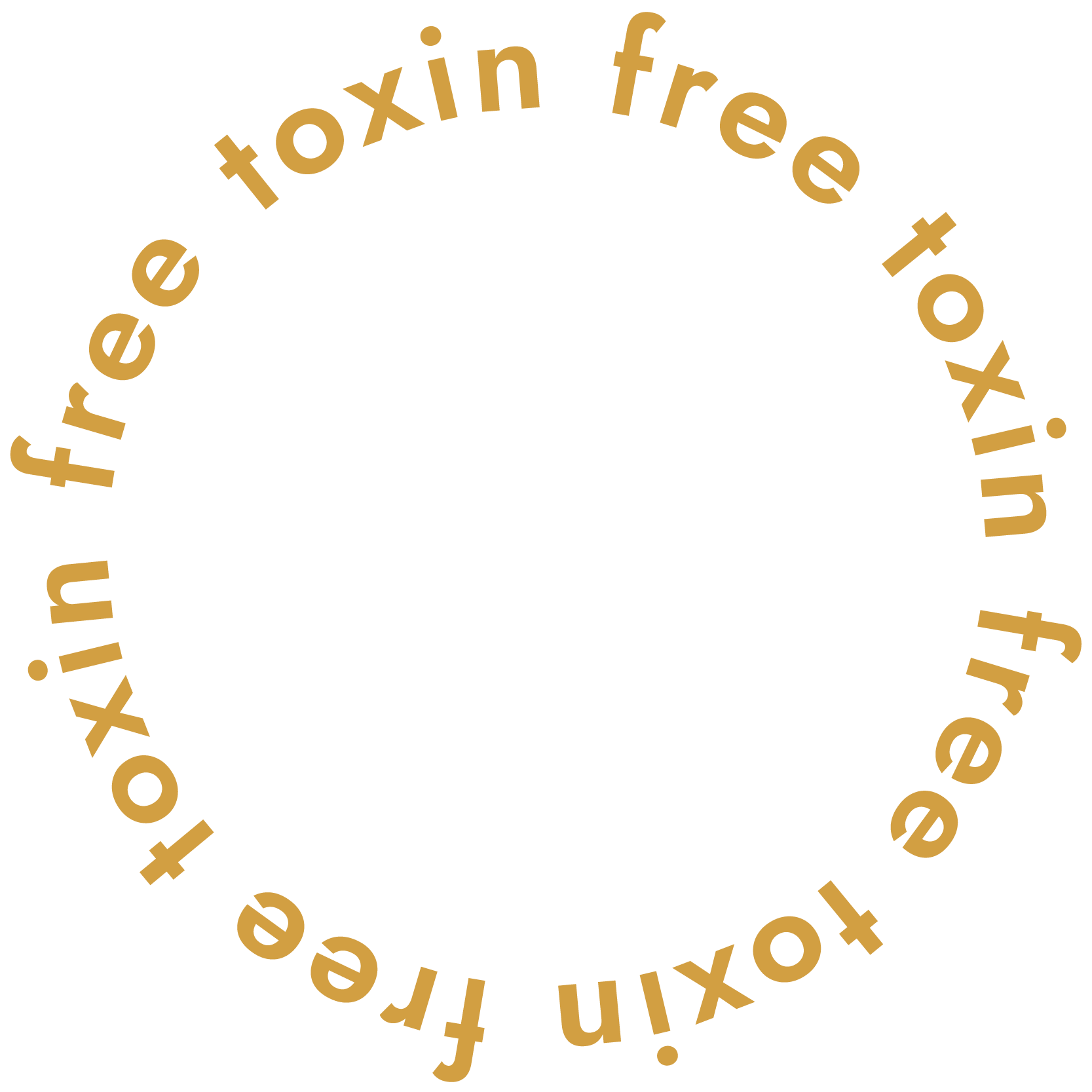It is no wonder our mental health is in the dumps- we keep giving people solutions that also cause problems.
According to the Center for Disease Control, one in five Americans report struggling with mental illness, while 65 million people are on prescribed medications to deal with their anxiety and depression.
Simply put, mental health medications have become a quick fix for a big problem.
In some cases, medication truly is the right choice. In many cases, however, it hinders a person’s ability to heal at the root level. While there are several reasons for this hindrance, the lack of ethics in the pharmaceutical industry is where we need to start.
Without all the information, informed consent is meaningless
While it is true that warning labels accompany medication, it is also true that pharmaceutical companies purposefully withhold information consumers deserve to know.
Big information.
For example, some mental health medications increase dopamine production. This benefit is amplified in marketing conversations, while it remains hidden that the brain’s own ability to make dopamine is now dulled.
Additionally, when discontinuing a medication like an antidepressant, the brain must not only relearn how to restore proper signaling between neurotransmitters, it must also now find a way to eliminate the residue from the medication itself.
Why was this never disclosed?
“Leaves a chalk-like substance on the brain that somehow needs to be detoxed out,” would be helpful to know prior to starting.
Here people are, being told their mental health issues are because of their deficiencies. They are made to believe that they are not wired correctly, and their mental health issues come solely from their genes or an inherent flaw inside of them.
People deserve better. Plain and simple.
Thankfully, there are holistic practitioners who believe in restoring brain health at the root level.
The role of functional medicine in brain health
Functional medicine seeks to identify the underlying factors that contribute to health issues and illness. Brain imbalance, specifically, can arise from a wide variety of root causes. These root causes include:
- Hormone Imbalance
- Gland Dysfunction
- Severe Inflammation
- Inadequate Nutrient Absorption
- Illnesses and Toxicity
Just to name a few.
The good news is there are solutions, and the human body is designed to heal itself.
Through a mind/body approach to transformation, functional medicine offers targeted solutions that address what Western Medicine often dismisses.
Functional medicine treatment commonly includes:
- Diagnostic Testing
- Lifestyle Changes
- Dietary Changes
- Supplementation
- Spiritual and Emotional Healing
Let’s take a closer look at these five key treatment areas:
Diagnostic Testing
Functional medicine tests can provide information on nutrient deficiencies, gut health, inflammation, hormone levels, toxicity and detoxification issues, food sensitivities, and genetic predispositions to mental health imbalances.
Lifestyle Changes
Lifestyle changes include reducing stress, improving sleep patterns, avoiding toxins, eating a well-balanced diet, nourishing positive relationships, staying active, and focusing on emotional well-being.
Dietary Changes
Dietary changes involve introducing nutrient dense foods, removing foods that cause inflammation in the body, and supplying the body with foods that are easy to digest and assimilate in order to ensure appropriate nutrient absorption.
Supplementation
Supplementation includes introducing targeted nutrient support to address deficiencies, while also restoring optimal nutrient levels in the body. Protocols are catered to the individual, and can range from covering the body’s basic needs to healing complex imbalances.
Spiritual and Emotional Healing
Individuals are often encouraged to address underlying emotional issues that may perpetuate unhealthy stress patterns. Spiritual mentorship, life coaching, therapy, and maintaining a sense of community are all encouraged.
As a person becomes more harmonious in one area, their healthy energy naturally flows into other areas as well.
Healing, together
In a culture that encourages a diagnosis that is quickly followed by a prescription, choosing to explore a holistic path to mental health can be labeled as an “alternative” decision.
The irony is that since the beginning of time, people have relied on their connection to other people, spending time in nature, rising and setting with the sun, and the use of plants to heal themselves.
It is only in the last seventy years that the approach has fundamentally changed.
For many, it has become increasingly clear that true healing does not happen in bottles, but instead by taking into account the mental, emotional, physical, and spiritual aspects of a person’s life.
Holistic healing is no longer an alternative, but instead essential.
As demand grows for higher ethical standards in the medical system, and more people opt for natural solutions to their mental health concerns, scientifically supported holistic treatments have a greater potential to go mainstream.
Guest blog written by:
Lesley Wirth, MA Spiritual Psychology is a writer for mental health, wellness, and spiritual publications.
Dive Deeper with Wendy’s Toxin-Free Resources
Ready to dive deeper into your wellness journey? Whether you are at the very beginning or a seasoned toxin-free pro, I have resources that will meet you where you are.
- Join my insider email list to be the first to learn about new healthy living resources, blog posts, exclusive offerings, and discounts.
- Subscribe to the podcast for weekly episodes on living toxin-free.
- In the Toxin-Free Shopping Guide, you can find truly toxin-free products with ingredients you can trust—fully vetted by me and the very same brands that I bring into my home. Check out everything from my skincare, haircare, water filters, protein powders, electrolytes, and so much more!!
- Download this free guide on my top 25 toxins to avoid and how to spot them on labels.
- Get a deep-dive education on how toxins impact your health with Toxin Free in 3. When you become a student, you can access the full course, my private community, discounted 1:1 sessions, and live monthly Q&As with me!


+ show Comments
- Hide Comments